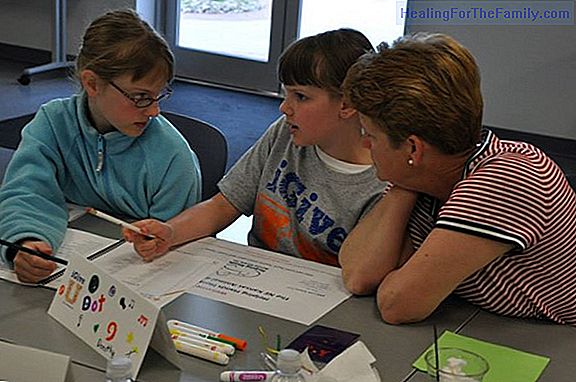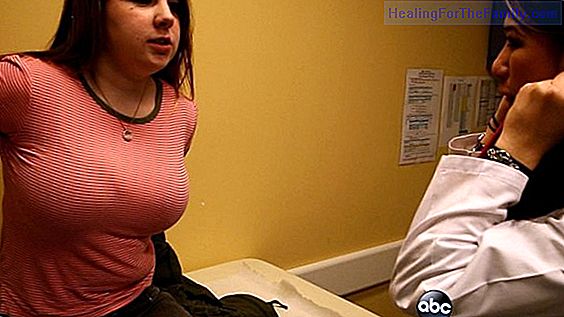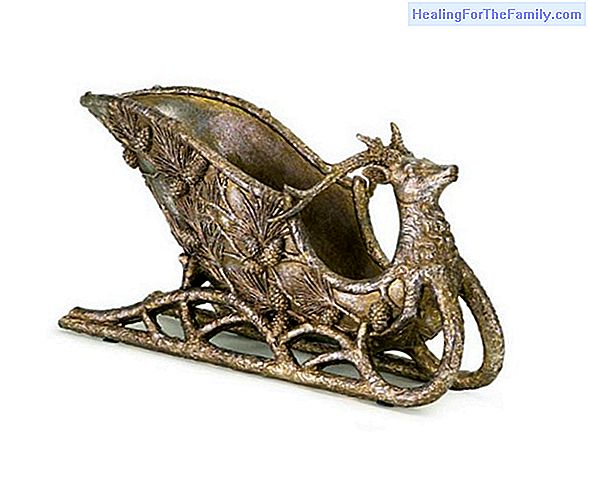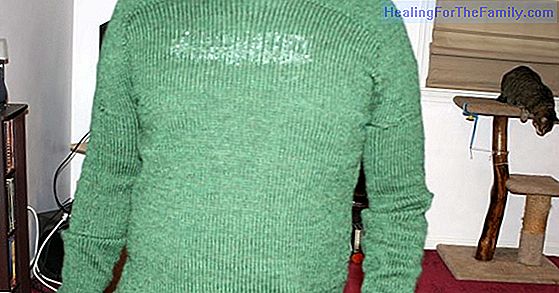Diphtheria in children. Why it is important to vaccinate
Diphtheria is a disease that can be fatal and that mainly affects babies and children por, therefore in the child vaccination schedules include it as a way to protect them against the toxin that causes it . This disease is caused by the toxin released by certain bacteria that causes a thick layer to
Diphtheria is a disease that can be fatal and that mainly affects babies and children por, therefore in the child vaccination schedules include it as a way to protect them against the toxin that causes it .This disease is caused by the toxin released by certain bacteria that causes a thick layer to form in the throat
and in the back of the nose that make it difficult or even impossible to breathe and swallow. Why vaccinate the baby against diphtheria Diphtheria has caused a very high mortality rate throughout history, being one of the most feared childhood diseases. In developing or underdeveloped countries where the vaccine is not yet widespread, dif diphtheria is endemic and affects mainly children
. While in industrialized countries this disease has stopped being endemic and very sporadic cases occur.
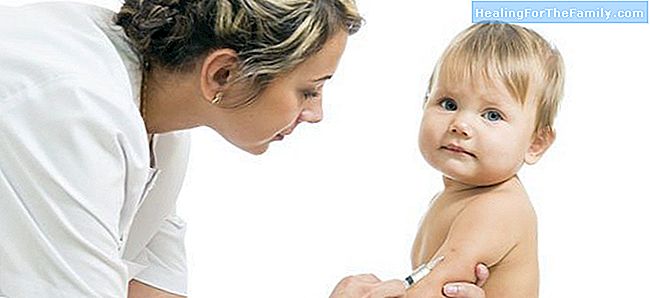
Diphtheria toxin is transmitted by close physical contact and its most common symptoms, in addition to difficulty breathing and swallowing, fever, sore throat and chills. The layer that forms in the throat is so thick that it can prevent the child from breathing and causing it to suffocate. In addition can cause paralysis and heart failure.
Each country has its own vaccination calendar but the DTaP vaccine (diphtheria, tetanus and whooping cough)is usually administered to babies from 2 months and is administered again in several stages during growth. The duration of protection of this vaccine after the primary stage to the baby is around 10 years, therefore it is necessary and very important to administer the booster vaccines to maintain protection against the toxin.
This vaccine, in addition to protecting against diphtheria, also protects against tetanus and whooping cough. Doctors consider it totally safe and effective to prevent this disease. So much so that even pregnant women at risk of suffering it or who have never been vaccinated can do so during the third trimester of pregnancy. The vaccine may cause mild side effects such as fever, redness of the area where it was inoculated, headache, tiredness or nausea.




